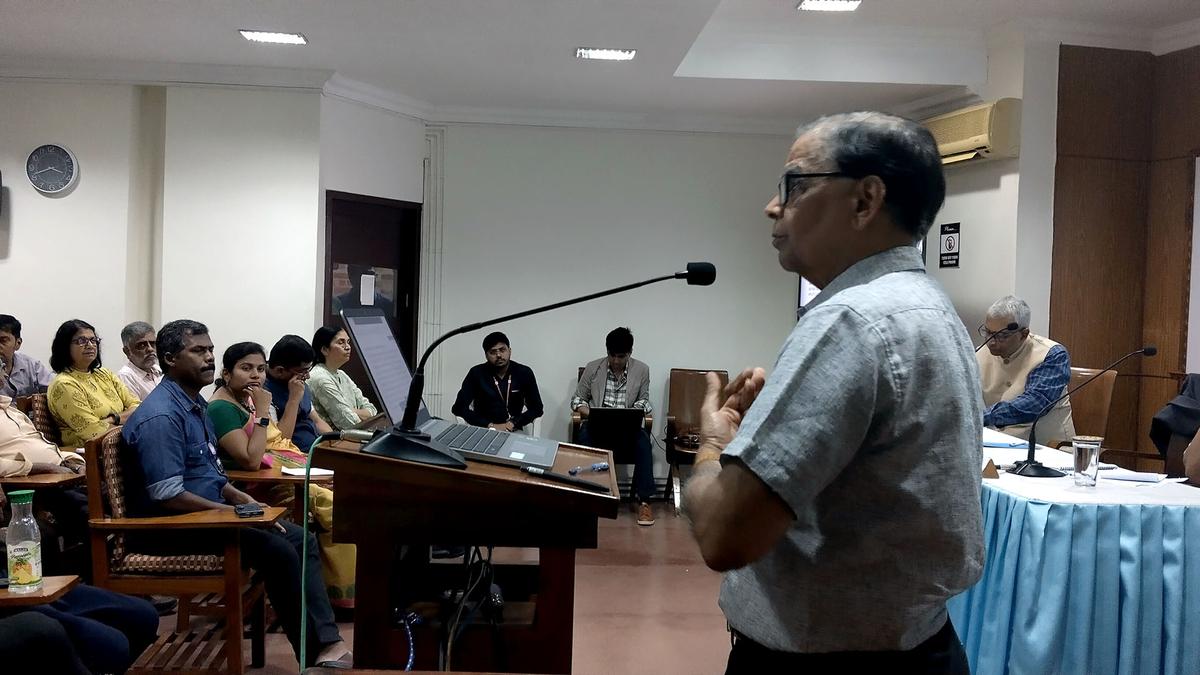
Nehru’s development model, through a failure, continues to impact India in different ways: Arvind Panagariya
The Hindu
Arvind Panagariya critiques Nehru's economic model, arguing it hindered rather than helped India's democratic success.
India’s first Prime Minister Jawaharlal Nehru’s ‘political project’ of establishing a democracy would have succeeded even more without his economic model, which proved to be a failure, according to Arvind Panagariya, Chairman, 16th Finance Commission.
Delivering the 13th foundation day lecture at the Centre for Development Studies (CDS) on ‘The Nehru Development Model: History and Lasting Impact’ on Wednesday, Prof. Panagariya said he disagreed with the idea that Nehru’s socialist economic model had been essential for his political project, which was a resounding success.
Despite its failure, Nehru’s economic model continues to influence development in different ways, according to Prof. Panagariya. The entrenchment of socialist thought within the country’s democratic polity effectively prevented a change of course for decades. Reforms continue to be slow. In an environment where the socialist thought had really become dominant, change had became much harder, he said.
Designed on the socialist pattern, the Nehru development model was aimed at combating poverty through growth and self-sufficiency by placing emphasis on heavy industry for investment and growth and the ‘hand industry’ for employment. The outcomes, however, were low growth, the sluggish growth of the industry and poor performance of international trade, he noted.
In the early decades after Independence, no proposals for liberalisation found traction with the Indian economists. While liberalisation has returned in the past decade, the influence of Nehru’s socialist model continues to cast a shadow, according to him.
Prof. Panagariya was in Thiruvananthapuram in connection with the 16th Finance Commission’s meetings with the State government and other stakeholders.
CDS Director C. Veeramani chaired the session. Additional Chief Secretary (Finance) A. Jayathilak was present.











